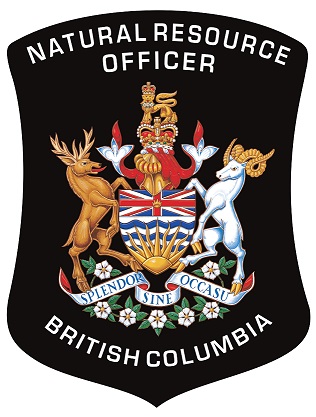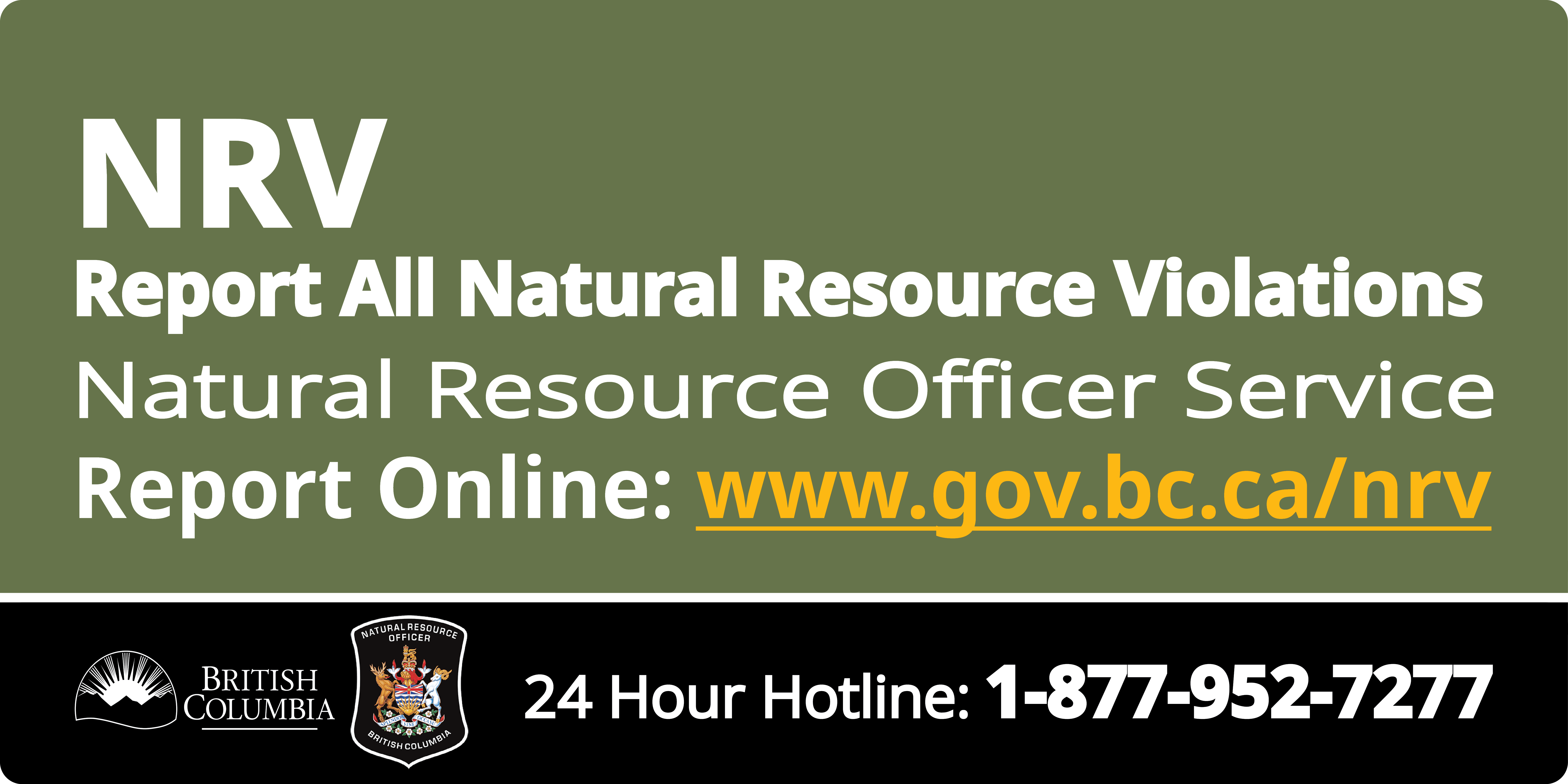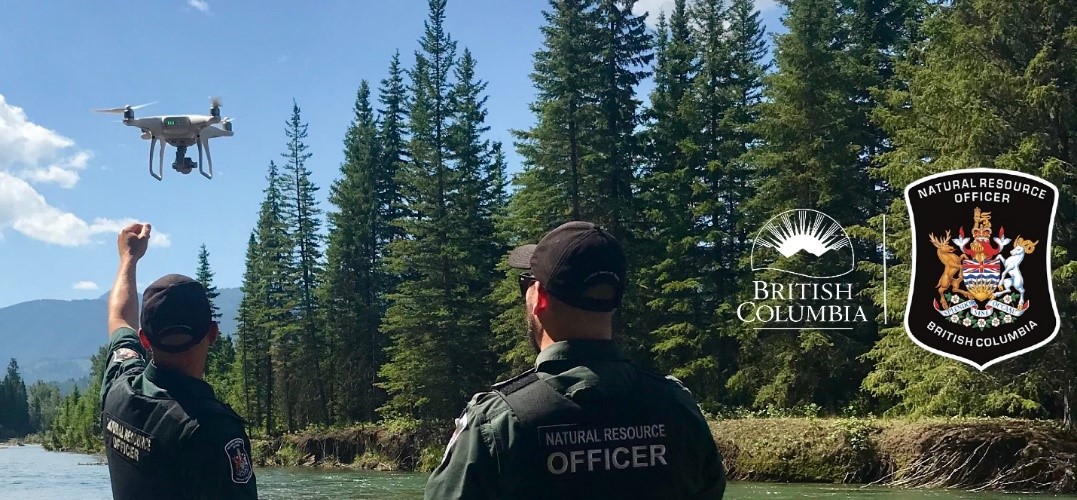Natural Resource Officer Service

The Natural Resource Officer Service (NROS) is trusted to safeguard and regulate British Columbia’s valued cultural and natural resources. Daily operations enforce resource management laws and protect the public’s interest in the management of B.C.’s diverse natural resources.
On this page
Mandate of Natural Resource Officers
While overseeing a land base of 94.8 million hectares, the Natural Resource Officers (NROs) are authorized to enforce several provincial acts and regulations, as well as Criminal Code of Canada (CCC) offences such as arson, theft, fraud and mischief, that have been established in the interest of safeguarding British Columbia’s cultural and natural resources.
Designations and Authorities
- Natural Resource Compliance Act
- Natural Resource Officer Authority Regulation
- Special Provincial Constable designation under the Police Act
Primary Legislation Enforced by NROs
Approach of the NROS
To enforce B.C.’s natural resource laws, NROs employ a range of actions, that include:
- Inspection into alleged non-compliance
- Inspections that are:
- In response to complaints or incidents
- Prioritized using a risk-based approach through an objective driven complaint process
Inspections are for information gathering and compliance assessment.
For inspections that reveal potential non-compliance, NROs will initiate the investigation process.
Areas of enforcement
Areas of enforcement include:
- Investigations of human-caused wildfires, industrial land clearing and hazard abatement, ensuring safe use of open fires (Wildfire Act)
- Conservation of recorded and unrecorded heritage, ancestral belongings (artifacts) and archaeological sites (Heritage Conservation Act)
- Management of regulatory requirement in the cutting and licensing of Crown timber, timber valuation, transportation monitoring, timber marking and scaling (Forest Act)
- Water management and conservation, works around a stream, water use compliance, resource protection in drought conditions (Water Sustainability Act)
- Regulate forestry practices to ensure stewardship objectives are met (see the 11 values of the Forest and Range Practices Act)
- Unauthorized occupation and use of Crown land, illegal cabins, unauthorized foreshore structures such as wharfs, retaining walls and infill (Land Act)
Use the Natural Resource Violation (NRV) form to report known or suspected violations of illegal water use, works around water, unsafe fire use, roads, forestry operations, and any illegal activity on Crown lands or archaeologically sensitive areas.
Learn about the work of Natural Resource Officers (NROs) and the qualifications needed for a job with the Natural Resource Officer Service.



